Inflammation is the root of disease, so eating an anti-inflammatory diet is key! Worldwide 3 in 5 people die from chronic inflammatory diseases. [1] The best way to fight inflammation in the body is not through medication… it’s through your diet! But what foods should you incorporate to decrease inflammation? What foods should you limit?
Keep reading to learn more!
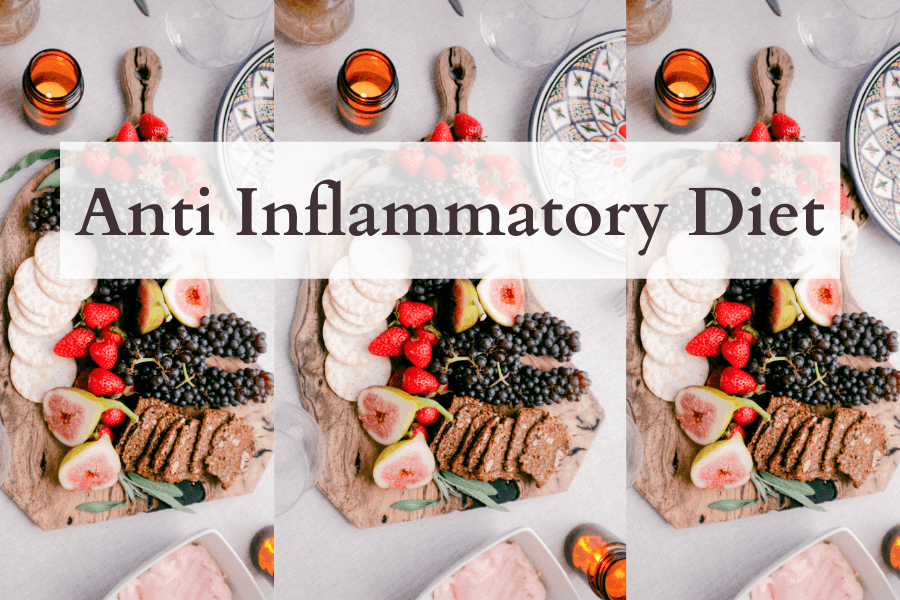
Note: This article contains affiliate links, meaning In On Around will make a small commission at no additional cost to you. This helps me maintain the site. As always, I value full transparency & only work with brands I love and trust.
What Is Inflammation?
Inflammation is the body’s way of protecting itself from injury, infection or illness. When it’s inflamed, it’s a sign that something is wrong. It can be caused by a wide range of things, such as: diet, smoking, injury, environmental toxins etc… Obesity, lack of sleep and long-term stress can also lead to chronic inflammation.
But don’t worry – you don’t have to live with inflammation forever! You can make lifestyle changes to decrease inflammation in the body. By making conscious diet changes you can improve your health & wellbeing!
Inflammation can usually be spotted by 5 main symptoms: [2]
- Redness
- Swelling
- Heat
- Pain
- Loss of function
Reducing inflammation in the body is one of the best ways to positively improve your well-being.
What Diseases Are Linked To Inflammation?
Chronic inflammation is linked to a long list of health conditions, chronic diseases, and chronic conditions: [3]
- Psoriasis
- Anxiety/Depression
- Carpal tunnel
- Rheumatoid arthritis
- Heart disease and heart attacks
- Eczema
- High blood pressure
- Alzheimer’s disease
- Asthma
- ADHD
- Crohn’s disease
- Diabetes
- Kidney disease
- Colitis
- Migraines
- Cancer
- Stroke
- Inflammatory bowel disease
- Metabolic syndrome
- Parkinson’s disease
- Hashimoto’s thyroiditis
- Lupus
… and the list goes on.
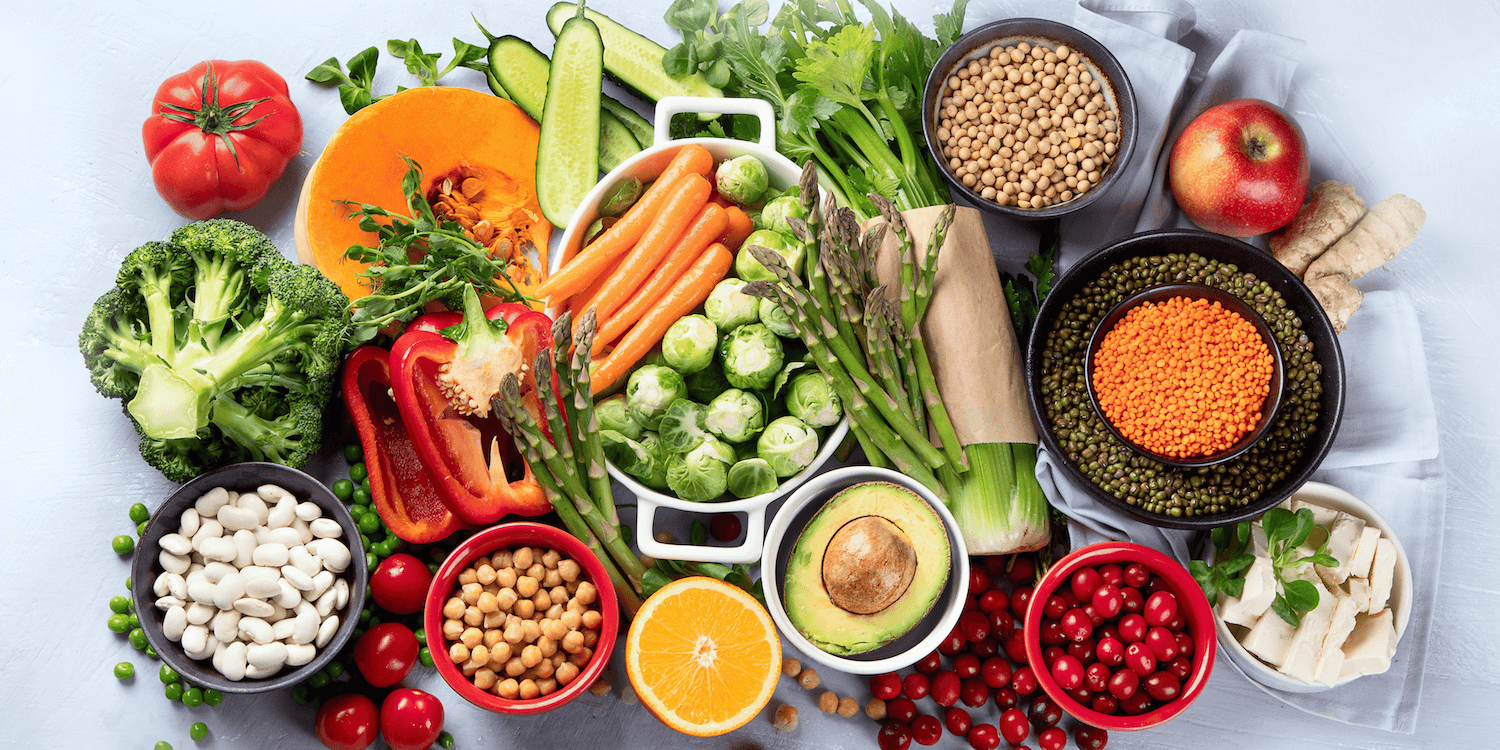
Foods/Drinks To Eat For An Anti-Inflammatory Diet
It’s essential to focus on nutrient-rich foods, full of vitamins, minerals, antioxidants and healthy fats.
As always, opt for organic.
- Fruit, especially berries, cherries, grapes, tomatoes & avocado
- Vegetables, especially if raw or lightly-cooked
- Cruciferous vegetables and leafy greens, like broccoli cauliflower, brussels sprouts, kale
- Bell peppers
- Mushrooms
- Beans, like black beans
- Nuts: almonds, walnuts, pistachios…
- Seeds, like chia, flax, and pumpkin seeds
- Olives
- Turmeric/Curcumin
- Garlic
- Ginger
- Sweet potatoes
- Healthy cooking oils: organic olive oil, coconut oil, sesame oil, and avocado oil
- If cooking with a higher heat, use high-quality avocado oil since it doesn’t deteriorate at high temperatures.
- Related Post: Seed Oils & Inflammatory Oils To Avoid While Cooking
- Probiotics & prebiotics
- Dark chocolate
- Mung bean
- Green tea
- Wild-caught salmon, sardines, herring, mackerel (if you eat animal products, opt for the wild-caught fish only)
A fresh, organic, whole foods, predominantly plant-based diet is best. When shopping, look for a variety of colors – eat the rainbow. The Mediterranean diet is also touted to be very anti-inflammatory because it focuses on real, whole-foods and healthy fats. Eating high-quality food is important for a healthy lifestyle – your dietary choices matter!
Foods/Drinks To Limit For Inflammation
- Pre-made or processed foods (especially snack foods, like chips, pretzels etc… or foods with trans fats)
- Foods high in processed sugar, like ice cream, cake, cookies, and other baked goods (look out for other names of sugar, like high fructose corn syrup)
- Highly-refined oils that are high in Omega-6, like canola, corn, soybean, cottonseed, sunflower, peanut, sesame, rice bran (we instead want higher concentrations of omega-3 fatty acids)
- Related Post: Seed Oils & Inflammatory Oils To Avoid While Cooking
- Alcohol – Replace beer with one glass of red wine
- Fried foods
- Refined carbs, like white bread, white pasta, white rice, crackers, flour tortillas, biscuits…
- Gluten
- Related Post: Gluten-Free Diet Pros And Cons For Non-Celiacs
- Dairy (especially non-organic milk, cheese…)
- Processed meats (deli meats, canned meat, beef jerky, bacon, hot dogs etc…)
- Related Post: What Is The Healthiest Lunch Meat? Processed Meat 101
- Low-quality red meats that are high in saturated fat, like low-quality beef or pork
- Soda
- Related Post: 5 Healthier Alternatives To Soda
Some people claim that the nightshade family of produce (like potatoes) is linked to inflammation, however, this is not supported by extensive evidence. If you believe you’re personally sensitive to nightshades, it’s best to avoid them.
Check Out The In On Around Shop
Other Tips To Reduce Inflammation
- Exercise, exercise, exercise daily! Make it a priority to sweat & move your body every single day.
- Yoga is a great way to mitigate inflammation, control stress levels, and improve weight loss. [4]
- Sauna, if you have one available (like at a local gym)! This can also support your immune system.
- Related Post: Sauna Health Benefits – What’s The Hype?
- Get a good night sleep of at least 7-9 hours
- Realted Post: Open When You Can’t Sleep! 18 Tips To Beat Insomnia
- Stay well-hydrated with filtered water (you can learn more about water filters here)
- Incorporate a high-quality multivitamin
- Acupuncture can help! [5]
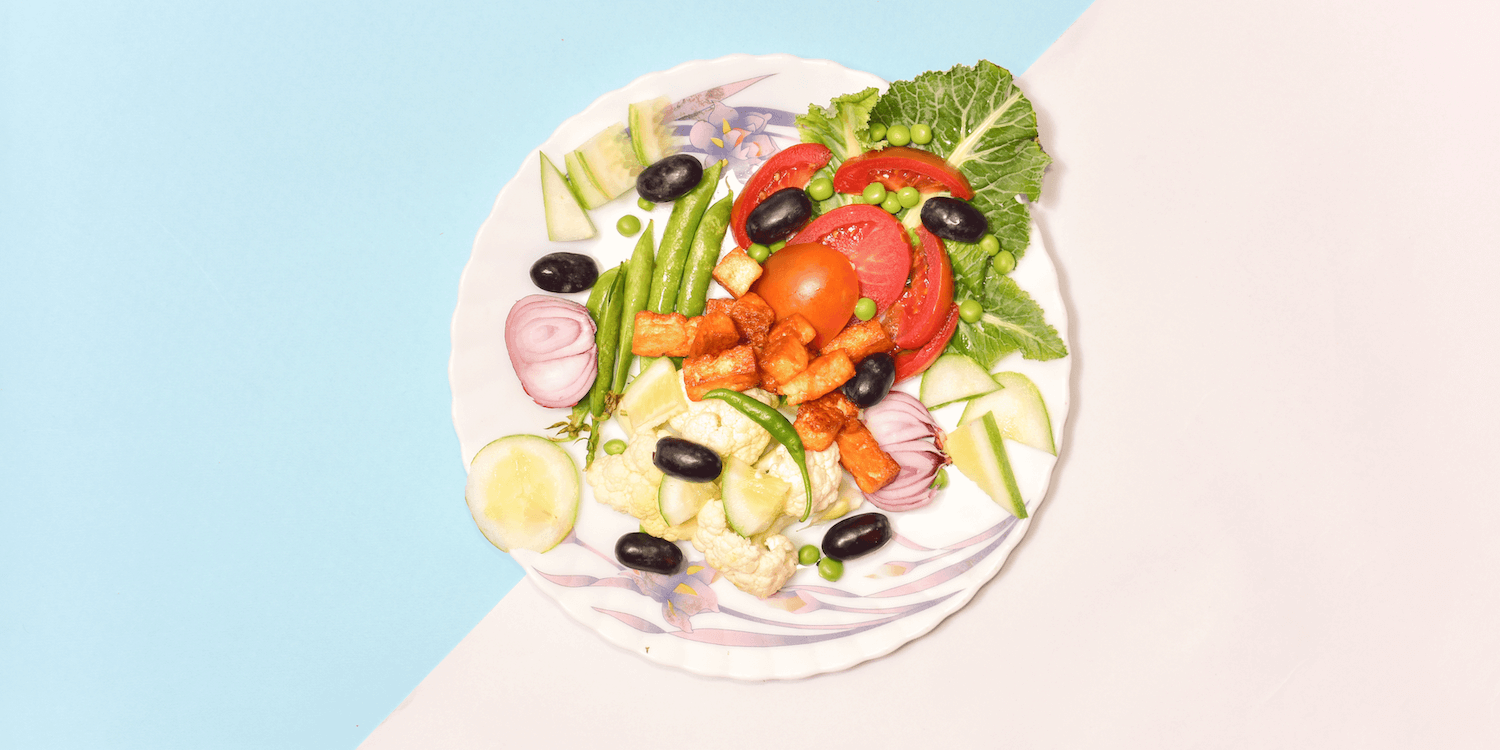
Example Anti-Inflammatory Diet Meal Plan
As always, eat about 3 balanced meals per day, and 1-3 snacks as needed. It’s never a good idea to starve yourself all day and eat one large meal – restricting too much can do more harm than good. Some studies have shown that eating one meal a day increases fasting blood sugar levels and leads to extreme hunger. [6]
1) Breakfast
- Chia seed pudding with cinnamon & almond milk
- Unsweetened oatmeal with a tablespoon of peanut butter
- Fresh fruit
- Green tea
2) Snacks
- Bell peppers with hummus or guacamole
- Handful of nuts
- Berry smoothie
- Apples with peanut butter and cinnamon
3) Lunch
- Chickpeas or beans with brown rice
- Kale and spinach salad with tomato, olives, mixed veggies, olive oil & balsamic vinaigrette
4) Dinner
- Lightly-roasted veggies with quinoa
- Organic tofu bolognese over zucchini noodles
- [Related Post: The Air-Fried Vegan Tofu Bolognese You Need To Try ASAP]
5) Dessert
- Dark chocolate (80%+ cacao)
- Fresh fruit, like watermelon, pineapple, strawberries…
- Baked peaches
6) Drinks
- Filtered water with a squeeze of lemon or lime
- Unsweetened seltzer with mashed fruit
- One glass of red wine in moderation (instead of beer)
Gluten-Free Anti-Inflammatory Diet – Frequently Asked Questions
Click on the below healthy eating FAQs to learn more!
What is inflammation?

Inflammation is the body’s way of protecting itself from injury, infection or illness. When it’s inflamed, it’s a sign that something is wrong. It can be caused by a wide range of things, such as: diet, smoking, injury, environmental toxins etc… Obesity, lack of sleep and long-term stress can also lead to chronic inflammation.
What diseases are linked to inflammation?
What should you eat on an anti-inflammatory diet?
What foods should you avoid on an anti-inflammatory diet?
Simply put, you have the power to reduce inflammation in your body through diet & lifestyle changes. Remember what goes in, on & around your body matters. Take control of your health today.
Do you struggle with inflammation?
Let me know your thoughts! You can watch our web story here.
xoxo,

Want to read more? Check out my other articles here!
Information on anti-inflammatory diet from: Healthline, Harvard
Copyright In On Around LLC 2021 ©. The statements made on this website have not been evaluated by the FDA (U.S. Food & Drug Administration). They are not intended to diagnose, treat, cure, or prevent any disease. The information provided by this website should not be used as individual medical advice and you should always consult your doctor for individual recommendations and treatment.

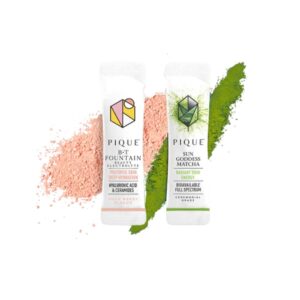
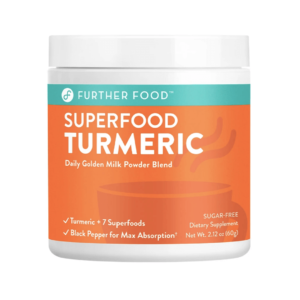
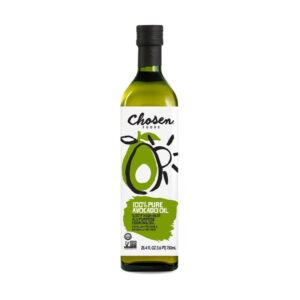

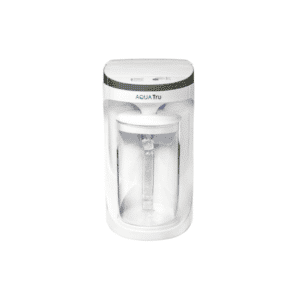



7 Responses